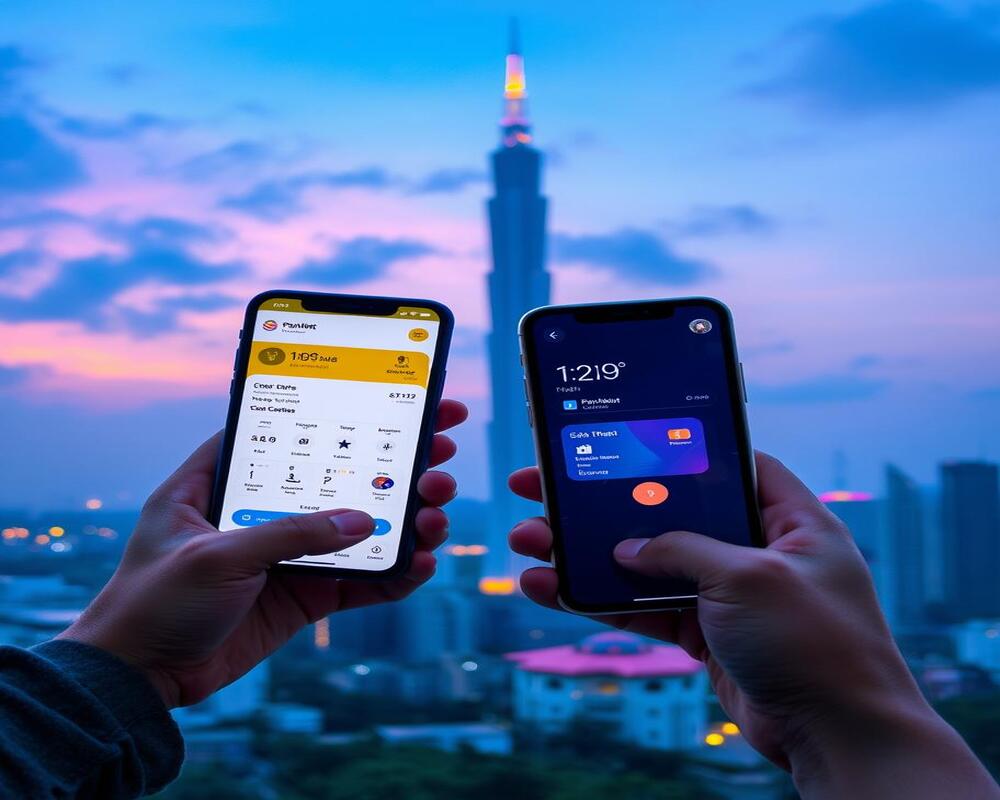India’s Unified Payments Interface (UPI) is set to connect with Malaysia’s PayNet, marking a significant milestone in enhancing global payment interoperability. This collaboration, announced by Indian Prime Minister Narendra Modi and Malaysian Prime Minister Anwar Ibrahim, aims to facilitate seamless, instant cross-border payments between the two countries. The integration is part of a broader strategy to promote digital financial inclusion and strengthen economic ties between India and Malaysia.
What is UPI?
UPI, developed by the National Payments Corporation of India (NPCI), is a real-time payment system that enables instant money transfers between bank accounts using a mobile device. Launched in 2016, UPI has revolutionized digital payments in India by making transactions fast, easy, and accessible to millions of users. Its success has prompted other countries to explore similar systems, and UPI has become a model for digital payment solutions worldwide.
Currently, UPI is operational in several countries, including Singapore, the UAE, and Bhutan, allowing Indian expatriates and travelers to continue using the system abroad. The expansion to Malaysia further underscores India’s commitment to growing its digital payment network on a global scale.
What is PayNet?
PayNet, short for Payments Network Malaysia Sdn Bhd, is Malaysia’s national payments network and shared central infrastructure for the country’s financial markets. Established to enhance the efficiency of Malaysia’s payment systems, PayNet supports a variety of payment services, including the Real-time Retail Payments Platform (RPP), which enables instant payments across different banks and financial institutions in Malaysia.
PayNet’s mission is to modernize Malaysia’s financial infrastructure through innovation and strategic partnerships, such as this one with India’s UPI. By linking with UPI, PayNet aims to improve cross-border transaction capabilities, making it easier and more cost-effective for individuals and businesses in Malaysia to engage in international commerce, particularly with India
Significance of the Collaboration
This partnership between UPI and PayNet is expected to have far-reaching implications for both countries. For India, the collaboration aligns with its vision of expanding its digital payment ecosystem beyond its borders, reinforcing its position as a leader in financial technology innovation. For Malaysia, the integration with UPI is a step forward in its efforts to enhance financial inclusion and promote the adoption of digital payments.
The ability to make instant cross-border payments will benefit a wide range of users, from businesses engaged in trade between the two countries to individuals sending remittances. It also reflects a growing trend in the global financial landscape where countries are increasingly prioritizing interoperability in payment systems to foster greater economic connectivity.
Future Outlook
As the partnership between UPI and PayNet takes shape, it could pave the way for further collaborations between India and other countries in the region. The success of this initiative may encourage other nations to consider similar partnerships, contributing to the creation of a more integrated and efficient global payment network.
In conclusion, the UPI-PayNet integration is not just about enabling instant cross-border payments; it represents a significant step towards a more interconnected global financial ecosystem. As digital payments continue to evolve, such collaborations will likely play a crucial role in shaping the future of international finance.










